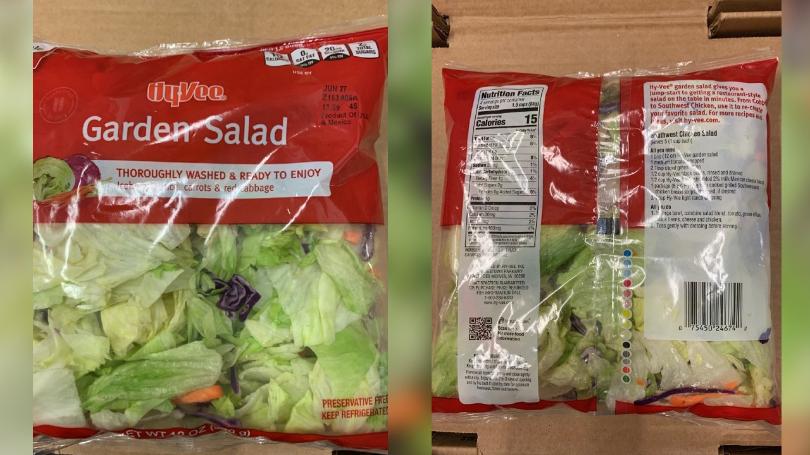
Cyclosporiasis cases reported across Illinois
SPRINGFIELD – The Illinois Department of Public Health (IDPH) has received confirmation of approximately 23 cases that appear to be linked to a multi-state outbreak of cyclosporiasis, an intestinal illness caused by the microscopic Cyclospora parasite. Cases have been reported in counties across Illinois with people becoming ill starting in mid-May. The initial investigation indicates a link to consumption of store brand packaged garden salads from Aldi, Hy-Vee, and Jewel-Osco grocery stores in Illinois.
“Although a link has been made to Cyclospora in some Illinois cases, public health officials continue to investigate other sources,” said IDPH Director Dr. Ngozi Ezike. “If you consumed store brand packaged garden salads since May and then developed watery diarrhea, please contact a health care provider about testing and treatment.”
The stores are cooperating with the state health departments, the Centers for Disease Control and Prevention, and the Food and Drug Administration investigation.
People can become infected by consuming food or water contaminated with feces (stool) that contains the parasite. Cyclospora is not spread directly from one person to another.
Symptoms usually begin about a week after exposure, although some people who are infected may not have any noticeable symptoms. Symptoms may include the following:
• Frequent bouts of watery diarrhea (the most common symptom)
• Loss of appetite
• Weight loss
• Cramping, bloating, and/or increased gas
• Nausea (vomiting is less common)
• Fatigue
• Low-grade fever
Cyclospora infection can be treated with specific antibiotics. If not treated, the illness may last for a few days to a month or longer.
Previous cyclosporiasis cases have been linked to various types of imported fresh produce including raspberries, basil, snow peas, and lettuce.
More information can be found on the Centers for Disease Control and Prevention website.














